Transform Your Travel Agency’s Communication Strategy with SIP Trunking
Travel agencies operate in a highly competitive market where customer service quality and operational efficiency directly impact profitability. The telecommunications needs of travel businesses are unique – they require international calling capabilities, seasonal scalability, multi-location coordination, and the flexibility to support both office-based and remote agents.
Traditional phone systems create significant challenges for travel agencies. The costs associated with international calling can be astronomical, particularly for agencies that frequently contact hotels, airlines, and suppliers worldwide. Perhaps more problematically, conventional systems lack the flexibility to scale up during peak booking seasons or accommodate the mobile workforce that modern travel businesses demand.
SIP trunking has emerged as a transformative solution that addresses virtually every communication challenge travel agencies face. By routing voice calls over internet connections rather than traditional phone lines, this technology provides cost savings, advanced features, and operational flexibility that can dramatically improve both customer experience and business profitability.
Understanding SIP Trunking Technology
Session Initiation Protocol technology fundamentally changes how voice communications work by converting phone calls into data packets that travel over internet connections. For travel agencies, this means accessing enterprise-level communication features without the infrastructure costs and limitations of traditional PBX systems.
The technology operates by establishing, managing, and terminating communication sessions between parties using internet protocols. What makes this particularly valuable for travel businesses is how it eliminates geographic restrictions and enables features that simply aren’t possible with conventional phone systems.
SIP trunking providers maintain the complex infrastructure required for voice communications, allowing travel agencies to focus on their core business rather than managing telecommunications equipment. This approach typically results in both immediate cost savings and access to advanced features that can improve customer service quality.
Travel agencies benefit from several specific advantages that SIP trunking provides. International calling costs decrease dramatically since voice travels over internet connections rather than traditional international phone networks. The system can also provide virtual phone numbers in multiple countries, allowing agencies to maintain local presence in key markets without physical offices.
Challenges Traditional Phone Systems Create for Travel Agencies
Most travel agencies struggle with communication costs that seem disproportionate to their actual needs, particularly when it comes to international calling. Traditional phone systems charge premium rates for international calls, which can quickly become unsustainable for agencies that regularly contact overseas suppliers, partners, and customers.
Seasonal demand fluctuations present another significant challenge. Travel agencies often need to rapidly scale their communication capacity during peak booking periods, then reduce it during slower seasons. Traditional systems require long-term commitments and expensive equipment purchases that don’t accommodate these natural business cycles.
Multi-location coordination becomes complicated and expensive with conventional phone systems. Travel agencies with multiple offices or remote agents find that traditional systems create silos that prevent efficient collaboration and customer service. Each location typically requires separate equipment and phone lines, making centralized management difficult.
Customer service quality suffers when phone systems can’t provide the features that modern travelers expect. Call routing, hold music, conference calling, and detailed call analytics are often expensive add-ons with traditional systems, if they’re available at all.
The mobility requirements of travel industry professionals create additional complications. Travel agents increasingly work from home, attend industry events, or visit client locations. Traditional phone systems struggle to support this flexibility without complex and expensive workarounds.
How SIP Trunking Transforms Travel Agency Operations
SIP trunking addresses virtually every limitation that traditional phone systems impose on travel agencies. The fundamental difference lies in treating voice communications as data that flows over existing internet infrastructure rather than requiring dedicated phone lines.
International calling costs drop dramatically when voice travels over internet connections. Travel agencies typically see 60-80% reductions in international calling expenses, which can significantly impact profitability for businesses that maintain regular contact with overseas partners.
Scalability becomes immediate and cost-effective. Travel agencies can add or remove phone capacity within hours rather than weeks, allowing them to respond quickly to seasonal demand changes or business growth opportunities. This flexibility proves particularly valuable during peak booking periods when call volumes can triple overnight.
Advanced call routing capabilities enable travel agencies to provide better customer service. Calls can be automatically directed to agents with specific expertise, geographic knowledge, or language skills. The system can also implement sophisticated hold and queue management that keeps customers informed about wait times.
Geographic flexibility improves dramatically with SIP trunking. Agents can work from anywhere with internet access while maintaining full access to the agency’s phone system features. This capability has become essential as many travel professionals adopt hybrid work arrangements.
Integration possibilities expand significantly as well. SIP trunking systems can integrate with customer relationship management platforms, booking systems, and other travel industry software to provide agents with real-time customer information during calls.
International Presence Without Physical Offices
One particularly valuable feature for travel agencies is the ability to obtain virtual phone numbers in multiple countries. This allows agencies to maintain local presence in key markets without the expense of establishing physical offices.
Customers appreciate being able to call local numbers when they need assistance, even if the agency is actually located in a different country. This capability can significantly improve customer satisfaction and enable travel agencies to compete more effectively in international markets.
Virtual numbers can also be used for marketing campaigns in specific regions, allowing agencies to track the effectiveness of their international marketing efforts more accurately.
Provider Selection Criteria for Travel Agencies
Choosing the right SIP trunking provider requires careful consideration of factors that specifically impact travel industry operations. Not all providers understand the unique requirements of travel businesses or offer features that support industry-specific needs.
International coverage becomes paramount for travel agencies that serve global markets or work with overseas suppliers. Providers should offer competitive rates and reliable service quality to all destinations where the agency conducts business regularly.
Call quality consistency matters significantly for customer-facing businesses like travel agencies. Providers should guarantee specific quality metrics and offer service level agreements that include compensation for service disruptions.
Integration capabilities can provide significant operational advantages. Some providers offer APIs that enable integration with popular travel industry software platforms, allowing for features like automatic call logging in customer records or screen-pop functionality that displays customer information when calls arrive.
Support quality becomes particularly important for businesses that operate outside normal business hours. Travel emergencies can occur at any time, making 24/7 technical support a valuable feature for many travel agencies.
Geographic Redundancy and Reliability
Travel agencies need communication systems they can depend on, particularly during peak booking periods when system failures can result in significant lost revenue. Better SIP trunking providers maintain multiple data centers and redundant network paths that keep service operational even when individual components fail.
Disaster recovery capabilities become important for agencies that provide emergency travel services or need to maintain operations during natural disasters or other disruptions. Cloud-based systems typically offer better disaster recovery options than traditional on-site equipment.
Provider stability should be evaluated carefully as well. Travel agencies need telecommunications partners that will remain in business and continue providing consistent service quality over the long term.
Implementation Strategy for Travel Agencies
Successful SIP trunking implementation requires planning that accommodates the specific operational patterns of travel businesses. Peak booking periods, seasonal staff changes, and customer service requirements all influence the implementation approach.
Phased rollouts work well for most travel agencies, allowing them to test the new system with a small group of agents before expanding to the full team. This approach helps identify and resolve any issues before they impact customer service during critical booking periods.
Training becomes particularly important since travel agents need to maintain customer service quality while learning new system features. Providers should offer training materials and support that focus on travel industry scenarios rather than generic business applications.
Number portability ensures that travel agencies can keep their existing phone numbers when switching systems. This prevents the need to update marketing materials, business cards, and customer databases with new contact information.
Staff scheduling considerations should account for the learning curve associated with new systems. Perhaps implementing during slower booking periods reduces the risk of customer service disruptions while agents adapt to new interfaces and features.
Advanced Features That Benefit Travel Agencies
SIP trunking systems include numerous advanced features that can significantly improve travel agency operations. Call recording capabilities help with quality assurance and can provide valuable documentation for complex travel arrangements or customer disputes.
Conference calling features support client consultations, supplier negotiations, and team coordination without requiring expensive third-party services. Many systems include web-based conferencing that combines voice with screen sharing for more effective customer presentations.
Automated attendant capabilities can route calls based on customer needs, language preferences, or agent expertise. This ensures that customers reach the most appropriate agent quickly, improving both service quality and operational efficiency.
Real-time reporting provides insights into call patterns, agent performance, and customer satisfaction metrics. This data helps travel agencies optimize staffing levels, identify training needs, and improve service delivery.
Mobile applications enable agents to maintain full phone system functionality while working remotely or traveling. This capability has become essential as many travel professionals adopt more flexible work arrangements.
Integration with Travel Industry Software
SIP trunking systems can integrate with various travel industry software platforms to create more efficient workflows and improve customer service. Integration with global distribution systems can provide agents with real-time booking information during customer calls.
Customer relationship management integration helps travel agencies maintain detailed records of customer interactions and preferences. This information can be used to provide more personalized service and identify upselling opportunities.
Accounting software integration can automate billing processes and provide detailed cost tracking for different types of calls or customer accounts. This capability proves particularly valuable for agencies that bill clients for communication costs.
DIDlogic: Specialized Solutions for Travel Industry Success
DIDlogic understands the unique communication challenges that travel agencies face in an increasingly competitive market. Our team has worked extensively with travel businesses to design SIP trunking solutions that address industry-specific requirements while providing exceptional value.
Our travel industry packages include features specifically valuable for agencies, such as international virtual numbers, advanced call routing based on destination expertise, and integration capabilities with popular travel management software platforms.
The DIDlogic approach begins with understanding each agency’s specific operational patterns, target markets, and growth objectives. We provide transparent pricing with special consideration for international calling requirements and seasonal demand fluctuations.
Ready to Transform Your Travel Agency’s Communication Infrastructure?
The travel industry continues changing rapidly, with customer expectations rising and competition intensifying across all market segments. Communication systems that were adequate five years ago now create competitive disadvantages that can significantly impact business growth and profitability.
SIP trunking provides travel agencies with the advanced features, cost savings, and operational flexibility needed to compete effectively in modern markets. The technology eliminates the limitations and high costs associated with traditional phone systems while providing capabilities that can actually improve customer service quality and agent productivity.
Implementation doesn’t have to be disruptive or risky. With proper planning and the right provider partner, travel agencies can transition to SIP trunking systems that immediately reduce costs while providing better functionality than their previous systems.
Contact DIDlogic today to explore how SIP trunking can support your travel agency’s specific operational requirements and growth objectives. Our team understands the unique challenges travel businesses face and can design a solution that maximizes your communication capabilities while minimizing costs and complexity.
Related Solutions:


